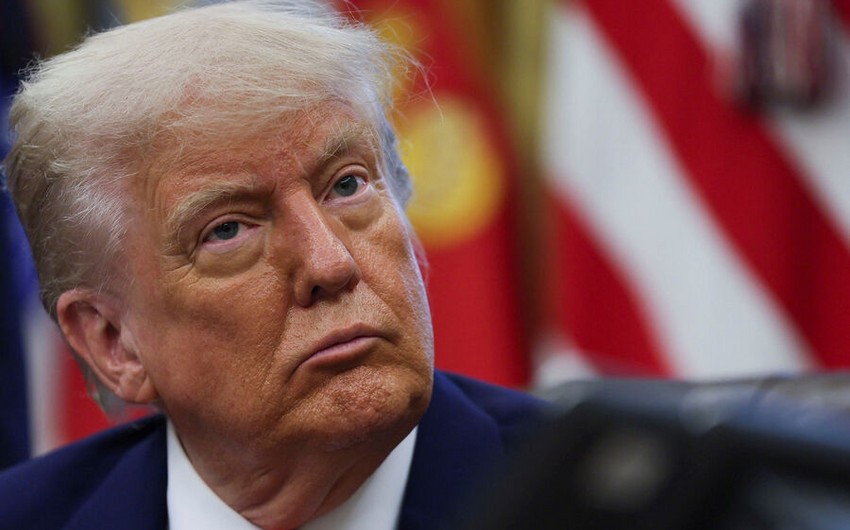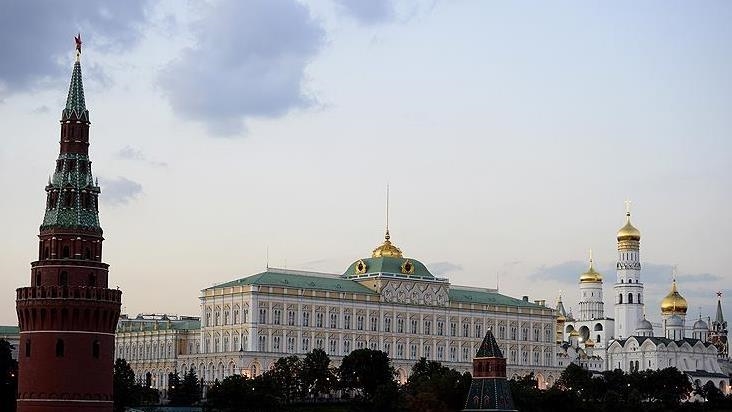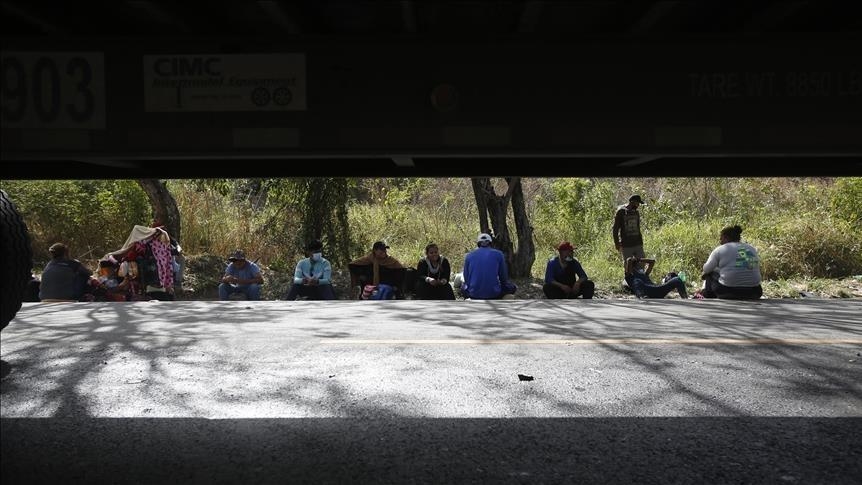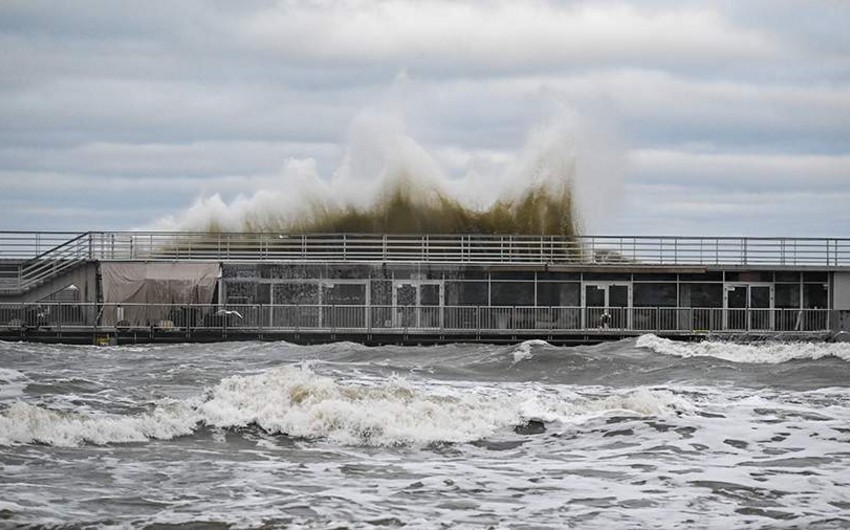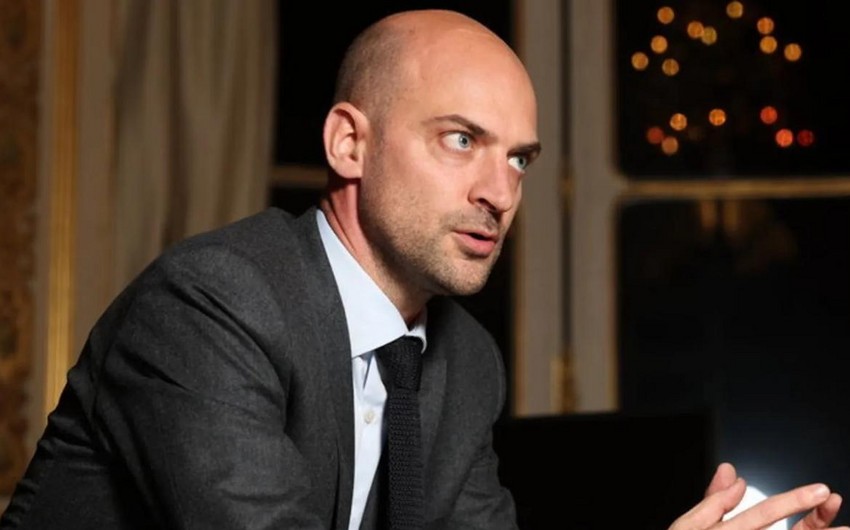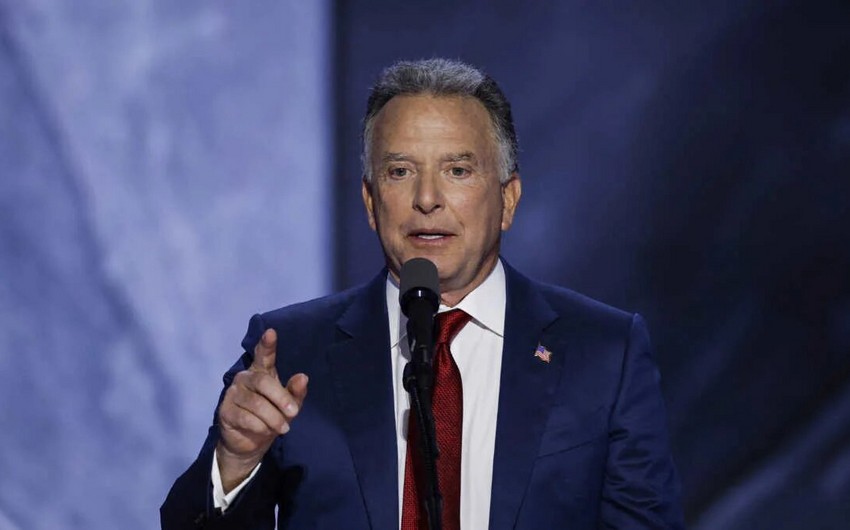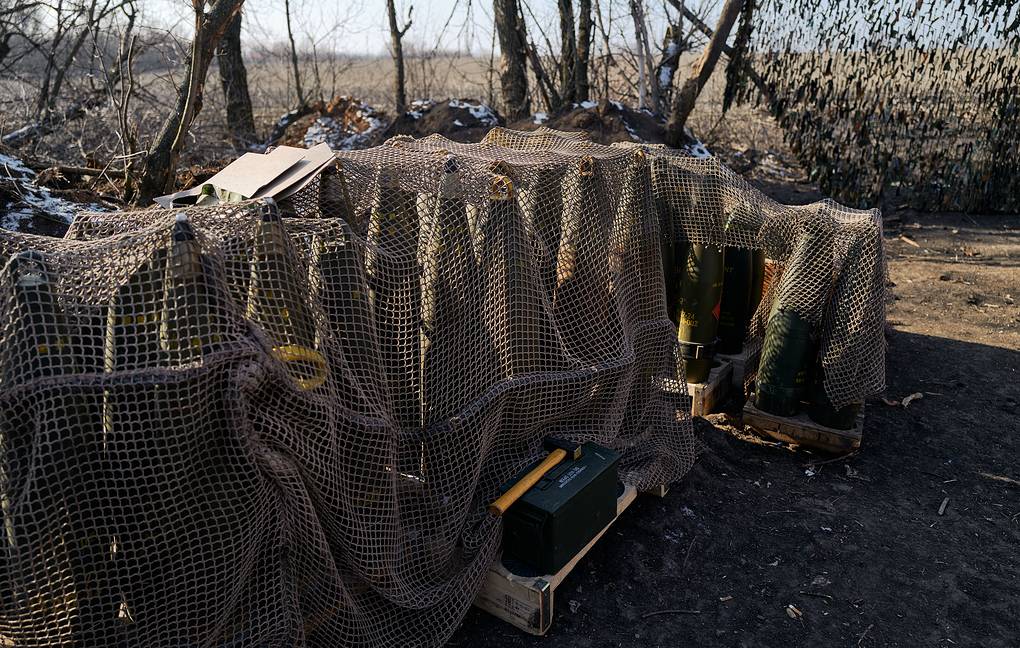Garabagh, Olympics 2024, Macron’s declarations… France’s view of Azerbaijan since the end of the 2023 Garabagh anti-terror measures.
After the successful resolution of the military operation orchestrated by Azerbaijan which occurred in September of this year and led to varied reactions in the International Community, both the French government and press have shown interest in the last few months regarding Azeri actions in the South Caucasian region.
From the Newspapers:
Le monde, a day after the end of hostilities, describes the resolution of the conflict as a “historic turning point”, with Azerbaijan rapidly overwhelming the forces of the self-proclaimed authorities of Garabagh and putting a sudden end to 30 years of conflict.
On the same day, Le Figaro, in an article titled “Why Azerbaijan may not stop at Garabagh”, expressed worry regarding “Azeri territorial ambitions” and the possibility of a “return to west Azerbaijan”, thus leading to the solidification of an “ancient pan-Turkic project”.
Later on, the majority of French newspapers proceeded to cover the departure of Armenians from the Garabagh and the possibility of a humanitarian crisis after self-proclaimed republic's defeat and surrender a few days prior.
On Octobre 5th, l’Humanité underlined the notable absence of Baku and Istanbul at the third summit of the European Political Community, where almost 50 European leaders were expected to come. The newspaper also mentioned the disappointment of the Armenian PM and chief of European diplomacy Joseph Borel, who said the following: “We won’t be able to talk here about something as serious as the fact that over 100,000 people had to abandon their homes in a hurry to flee a military coup”.
The same newspaper later released on the 11th, an open letter from Franco-Armenian actor Simon Abkarian, who is criticising “French inaction at the sight of the Turco-Azeri menace to the Armenian population” and inciting “France to rise from its ashes and save us all”.
The 21st of November saw a publication concerning Azerbaijan’s President Ilham Aliyev’s declarations regarding “the very destructive role that France played in the South Caucasus region” and “(France) constituted a serious menace to the stability of the region”. The newspaper also cited that the French ministry for Europe and Foreign affairs, in a written response to the Agence France-Presse, had “mobilised its European and American partners in favour of a just peace in the south-Caucasus” and is “resolutely engaged in favour of the sovereignty and integrity of the territory of Armenia”.
Tensions have continued to rise between Paris and Baku on matters other than the situation in the south-Caucasus. Indeed, newspapers such as Libération have reported that “Viginum”, the French government department responsible for detecting foreign digital interference, suspects that the Azeri state is behind a “disinformation campaign aiming to harm the fundamental interests of the (French) nation”. In this particular case, multiple tweets from a multitude of accounts of videos or images depicting scenes of urban violence are tagged with the #Paris2024 and #BoycottParis2024 hashtag.
From the Government:
On the side of the French Government, the emergency reunion at the United Nations Security Council in New-York that occurred on the 21st of September led to the French Minister of Europe and Foreign Affairs Catherine Colonna announce that “France desires to work for a just and lasting peace in the South Caucasus region, for the benefit of all populations”.
The 5th of Octobre saw the French President declare at the Grenada summit that “it isn’t France that has a problem with Azerbaijan, it is Azerbaijan that has a problem today with the commitments it makes, with keeping its own word and with respecting the international war”. Mr. Macron also stated that he did not wish to have to recourse to “counter-productive” sanctions but would rather use dialogue with Azerbaijan within the framework of the European Union. The president also stressed that the humanitarian situation, the border situation, and the protection of the Armenian leadership from "any attempt at destabilisation", particularly by Russia, remains France’s priority in the region.
The 24th saw the release of a French Army Ministry statement, explaining that “France was reinforcing its defence relationship with Armenia” through the use of two major axes. The first consisting of “support for the modernisation of the Armenian army through increased training and cooperation” and the second consisting of “the strengthening of Armenia’s defensive capabilities through the acquisition of equipment”. Consequently, it was also announced that multiple contracts consisting of three Thales GM-200 aerial surveillance radars and Safran night vision goggles were signed in order to “reinforce defensive capabilities”. Lastly, French Minister of the Armed Forces Sébastien Lecornu recognised the signing of a letter of intent between the Armenian and French military academies.
The French embassy in Azerbaijan has recently announced the celebration the International Day for the Elimination of Violence against Women on the 6th and 7th of December. For the occasion, 16 Azeri and French figures who have toiled for gender equality such as Sakina Akhundzadeh, Hadji Zeïnalabdine Taghiev, George Sand and Dilara Aliyeva shall be celebrated.


